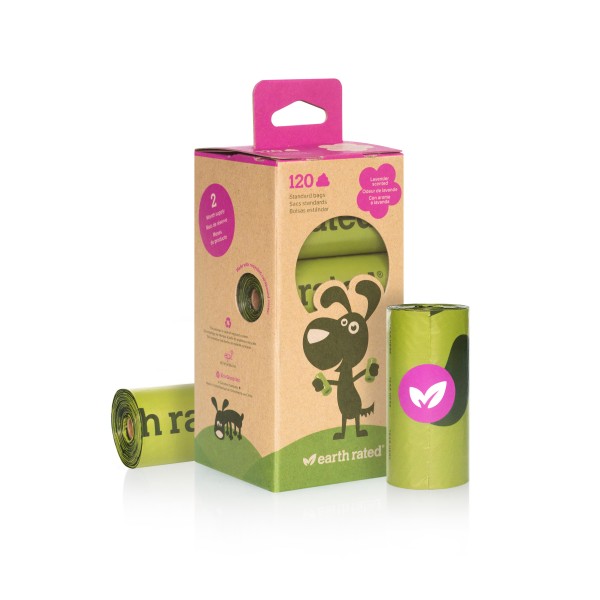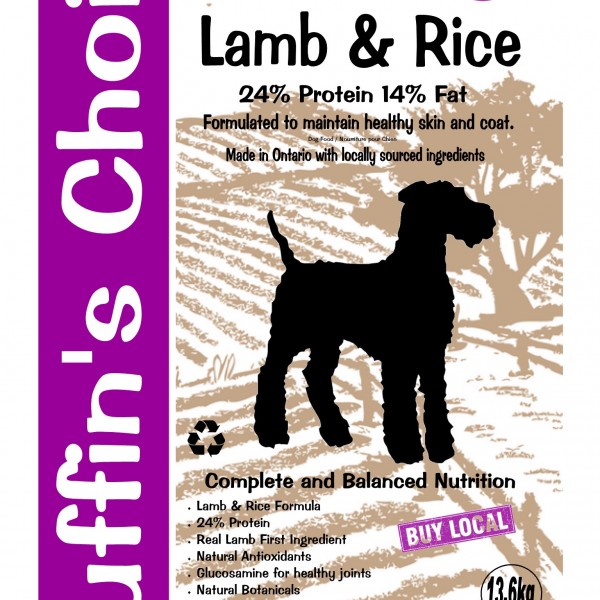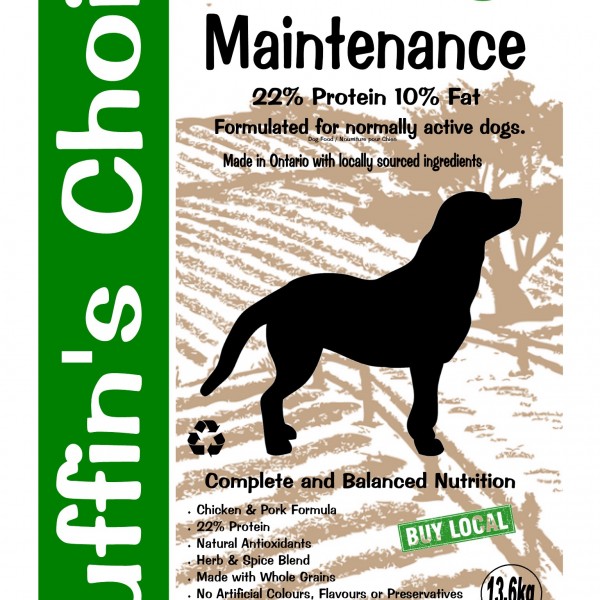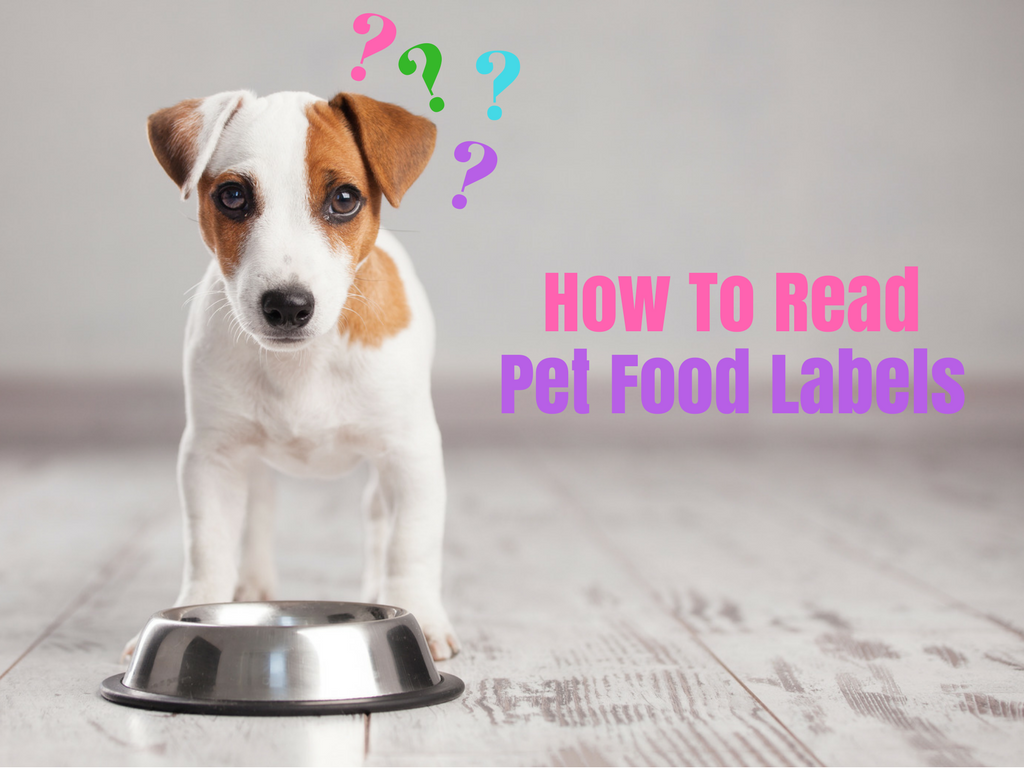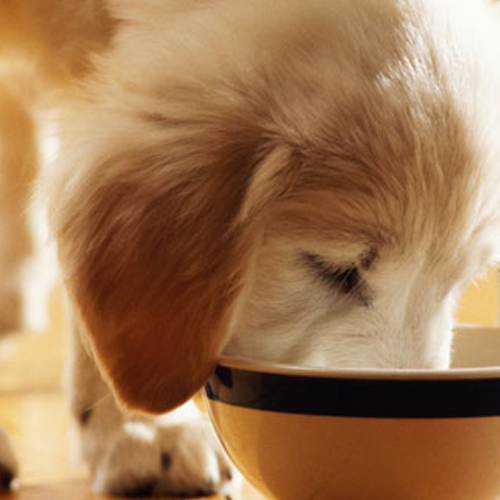Obesity in Cats
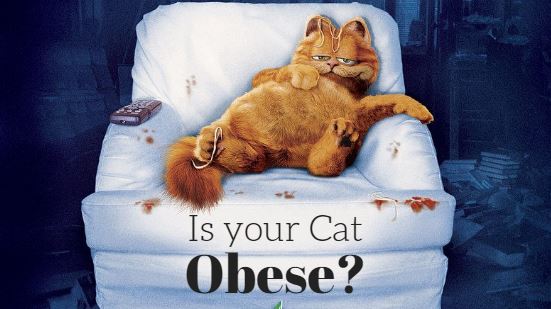
Obesity is a very common issue in modern cats, and can lead to some dangerous conditions such as Diabetes,
joint pain/ arthritis, heart disease, respiratory problems or Cystitis .
Naturally, cats are carnivorous hunters that expected their food to put up a fight…which kept them active. However that is clearly not the case anymore with your average house cat- those days are behind the majority of cats as there is an increasing number of strictly indoor cats.
Currently, 58% of cats are actually over weight, but why? Not much has changed in the years regarding cats, except the decrease in outdoor/ indoor cats… so what gives?
The three common contributors research has found are listed below, however it’s hard to pin point exactly how much these factors weigh in on your cat’s obesity… you just can’t know for sure.
1. Premature Neutering
Premature neutering is listed as one of the contributors of obesity in cats mainly because when a cat is spayed/neutered their activity level decreases because they no longer have an urge to roam. This is a complex issue, and there’s no guaranteed percentage on whether neutering directly correlates with obesity… or definitive proof that you shouldn’t neuter your cat because they will become obese. The pros of neutering still outweigh the cons for most people, and you can definitely manage your cat so that they have a lower risk of obesity when they’re neutered- but we’ll get to that in a moment… lets talk about factor 2: free feeding
2. Free Feeding

A lot of us feed our cats differently than dogs- we set a bowl of dry food out at the beginning of the day, and let our cat (or cats) graze all day, and refill when necessary… we also might assume that the cats will have a auto-shutoff valve, and won’t over eat. Like some humans, sometimes cats just eat because there’s nothing else to do- so may as well eat to do something! Which can contribute to your cats weight if they get accustomed to gorging themselves on a regular basis. They type of food you feed your cat may also play a role in their weight; as mentioned above, cats are carnivores and carbohydrate filled dry food may not be the best option to increase their metabolism. Instead, a wet food may be a better option- when well proportioned. Feeding your cat ‘off the table’ is
Tips and Tricks to slim your cat!
-
Take what your are feeding, and only give them 85% in a bowl. With the other 10-15% make your kitty work for it, use a food dispenser, hide some around the house or use treat balls- the increase in activity will help boost their metabolism and aide in burning calories!
-
Speaking of working for it, try increasing the play time you have with your cat, and/ or enrich their environment so they can be active.
-
Finally, take you cat to the vet at least once a year- sometimes its hard for us to notice those few extra pounds, but vets can weigh your cat and do testing. Another option would be to use at home tests for your cat (like CheckUp) in between visits to monitor glucose levels for diabetes, and then bring your cat and sample to the vet at any sign of major changes


